Publications
Articles, publications, books, tools and multimedia features from the U.S. Institute of Peace provide the latest news, analysis, research findings, practitioner guides and reports, all related to the conflict zones and issues that are at the center of the Institute’s work to prevent and reduce violent conflict.
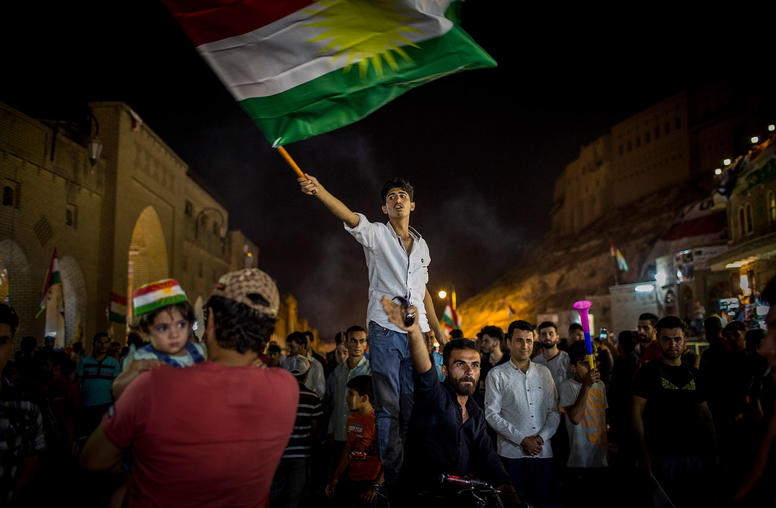
Iraq’s Impasse with Kurds Puts Post-ISIS Stabilization at Risk
The impasse between Iraq’s central government and its Kurdistan Region is building into an economic problem, and both sides need to quickly find a way to negotiate a solution. While political conflict between the authorities in Baghdad and the regional capital of Erbil has been quieter since Iraqi troops ousted Kurdish forces from disputed territories in October, the Kurdish region’s economy is unraveling, with risks for both sides.

Ambassador Bill Taylor remembers the Arab Spring
Ambassador Bill Taylor reflects on the significance of the Arab Spring and the changes brought about by the movement, including the democratic transition in Tunisia, the major political changes in Egypt and the role of the United States in these type of events.

Lucy Kurtzer-Ellenbogen on Vice President Mike Pence’s Visit to the Middle East
Lucy Kurtzer-Ellenbogen previews Vice President Mike Pence's upcoming visit to the Middle East following the Trump administration’s announcement recognizing Jerusalem as the capital of Israel. Ku
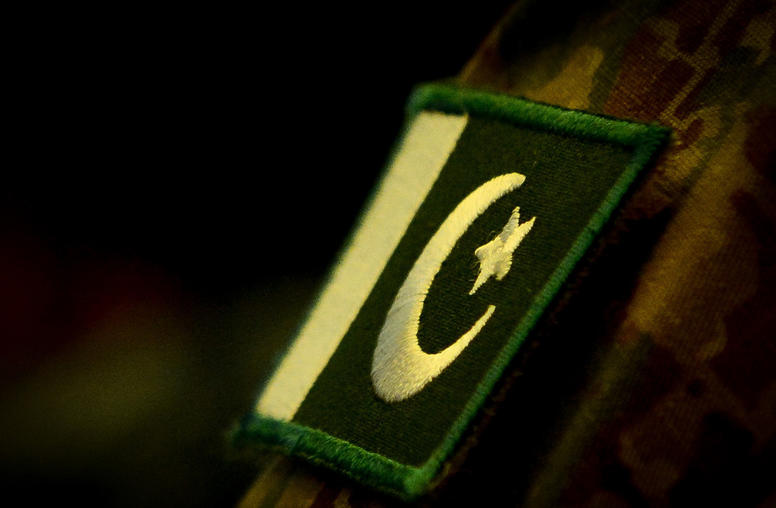
U.S. Suspension of Pakistan Military Aid: What It May Mean
The first week of 2018 has moved America’s relationship with Pakistan to a new low that includes a dangerous element of unpredictability, says USIP analyst Moeed Yusuf.
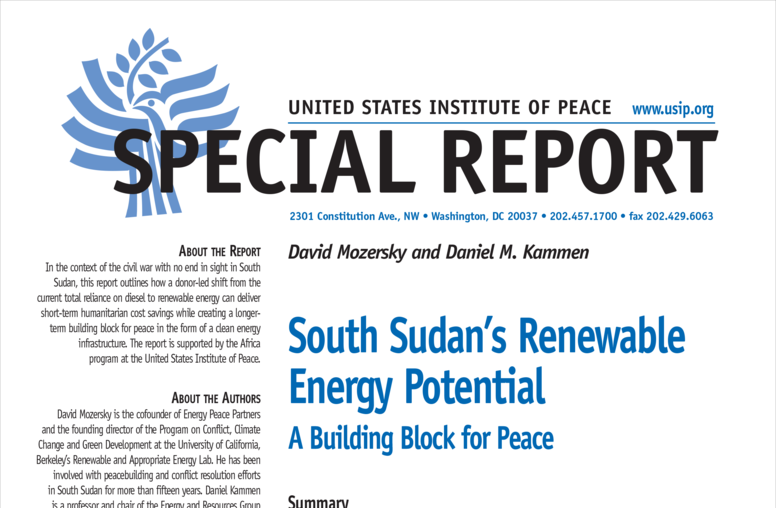
South Sudan’s Renewable Energy Potential
The world’s newest country, South Sudan, is also the least electrified. A period of growth that began after a 2005 peace deal and continued after independence in 2011, saw billions of dollars in oil revenue and strong international support. This period was for powered by diesel generators and...
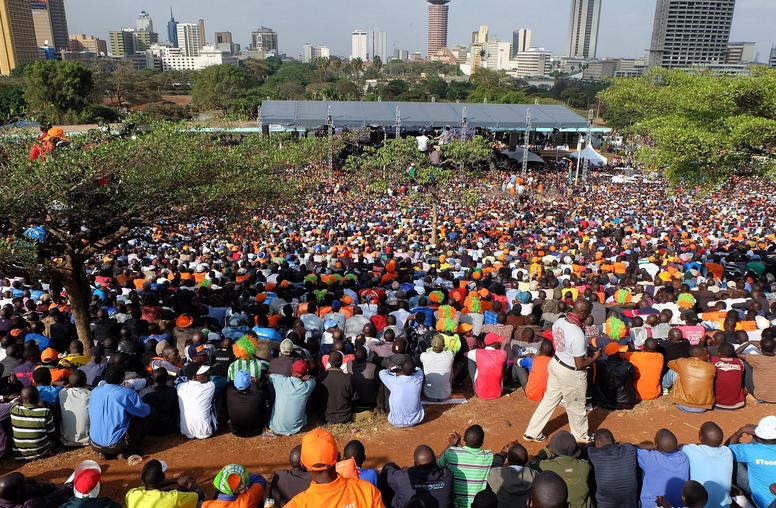
Banging Pots for Peace: Strategies to Prevent Electoral Violence
The recent election violence in Kenya and Honduras reveals a pattern that’s all too familiar: An incumbent campaigns on a platform of law and order and declares victory after a contested election. The
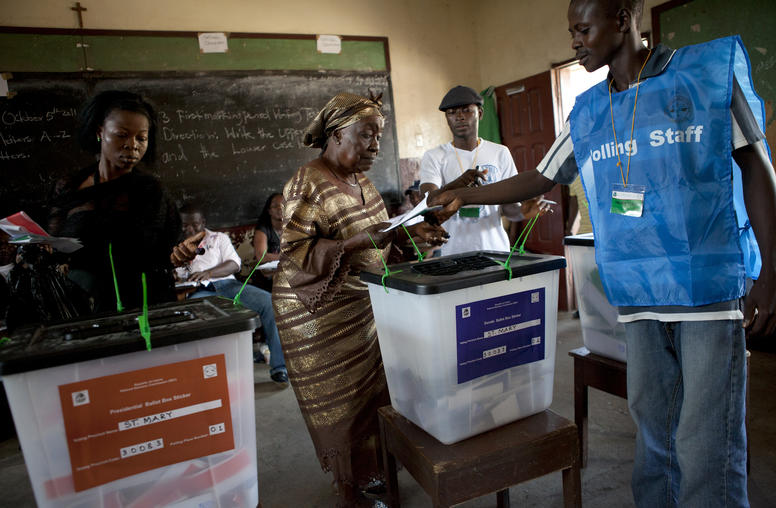
Electing Peace in Liberia
The day after Christmas Liberians went to the polling stations to elect George Weah, a former international soccer player, as the new President of Liberia. Weah beat the former vice president and chief opponent, Joseph Boakai, in a run-off election. The risk of election-related violence was substantial given...
Task Force on the United Nations Reports
This first report by the Task Force calls for immediate action and attention for reforming the United Nations. This update tracks the progress of the Task Force and the ongoing issues that must be faced in reforming the United Nations.
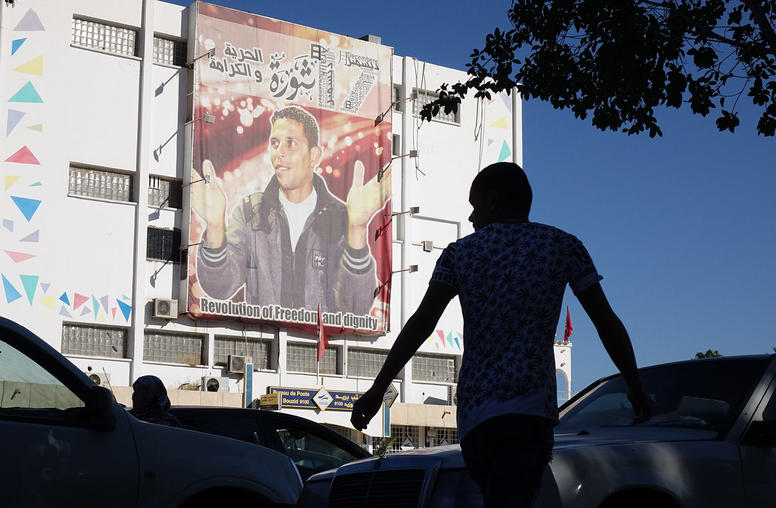
Tunisia: Democratic but Precarious
Amid central Tunisia’s dry farmlands, the city of Sidi Bouzid bustled one recent day under warm autumn sunshine. Street vendors and shoppers jostled under the roof of a new, open-air market, selling and buying produce or cheap clothes. Seven years after an impoverished street vendor in this city immolated himself and ignited the Arab Spring revolutions, his homeland has achieved a precarious stability. By many measures the Arab world’s only democracy, Tunisia remains hobbled by corruption, unemployment and violent extremism.
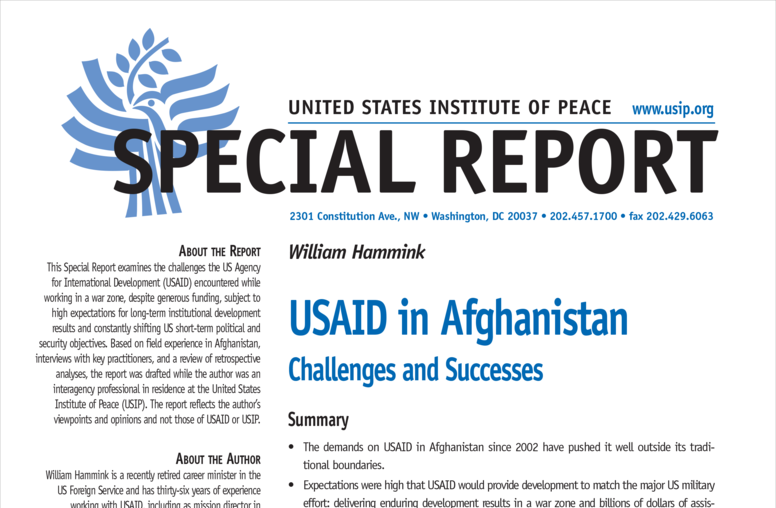
USAID in Afghanistan: Challenges and Successes
For nearly sixteen years in Afghanistan, the U.S. Agency for International Development (USAID) has sought to deliver effective development results in a war zone. Its most extensive program since Vietnam, the effort has pushed the agency well beyond its traditional boundary of...